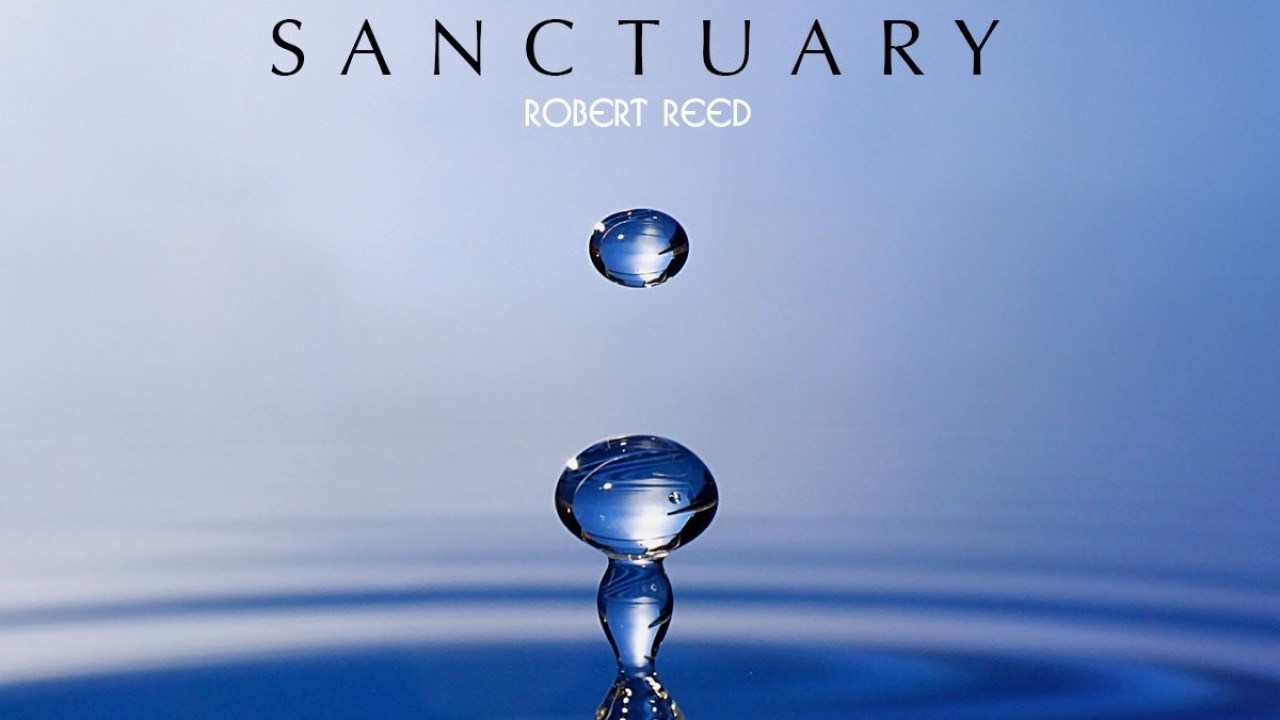You can trust Louder
W e’re all plagiarists now. With 60 years’ worth of musical history consumed, consciously or not, most musicians will end up echoing what’s gone before. So in some ways it’s refreshing to hear a well-respected multi-instrumentalist hold his hands up and say, “Tonight, Matthew, I’m going to be Mike Oldfield.”
Magenta mainman Rob Reed has done that with this unashamedly Tubular Bells-influenced instrumental album. And in stark contrast to his 2012 album Beneath The Waves under the Kompendium monicker, wherein a who’s who of modern prog helped him out, this is very much a one-man project, with Reed tackling every instrument on here.
At first, you wonder if he’s bitten off more than he can chew. For all the quality of its constituent components, for a while Sanctuary feels like a series of appetising tapas-style starters without a main course to get your teeth into.
Side One’s 21-minute piece opens with a nice feeling of awakening as Spanish guitar, synth washes, bells, flutes and piano give way to instantly identifiable, Oldfield-style squally guitar licks. That’s followed, in quick succession, by a medieval-flavoured passage, piano-led ear candy, a tribal choir, some grungy guitar riffing, and more sky-scraping guitar, leading into seasons of mellow, folky fruitfulness.
It’s frequently quite lovely. But you’re wondering: how does all this fit together? Then you re-play the record, and eventually it starts to put down anchors in your head.
The gorgeous sun-dappled reveries in the middle of each side, lit up by a cooing female voice, get you early, along with a clutch of sublimely soaring guitar hooks, a beautifully cascading piano motif, and even a section that echoes the great man’s Blue Peter theme. No, wait! Come back! There really is method in this madness.
Soon all those apparently disconnected melodies begin to mirror each other, and you start to realise they’re variations on a theme, a major-to-minor-to-major chord progression that swells and crashes, then calms and whispers, as if you’ve plunged into the maelstrom and come up for air. Then the final, triumphant, descending-chord melody that finishes off the piece really surfs the clouds, and that’s when you start to realise that much of the preceding 38 minutes or so has been foreshadowing this almighty climax.
Sign up below to get the latest from Prog, plus exclusive special offers, direct to your inbox!
Ultimately, Reed’s Oldfield homage is a record that, like most of the best progressive music, rewards your patience. By the time it does, you’ll probably be so immersed in it that you’ll forget the original inspiration for it all and be left thinking, “Mike who?”
Via Tiger Moth
Johnny is a regular contributor to Prog and Classic Rock magazines, both online and in print. Johnny is a highly experienced and versatile music writer whose tastes range from prog and hard rock to R’n’B, funk, folk and blues. He has written about music professionally for 30 years, surviving the Britpop wars at the NME in the 90s (under the hard-to-shake teenage nickname Johnny Cigarettes) before branching out to newspapers such as The Guardian and The Independent and magazines such as Uncut, Record Collector and, of course, Prog and Classic Rock.


